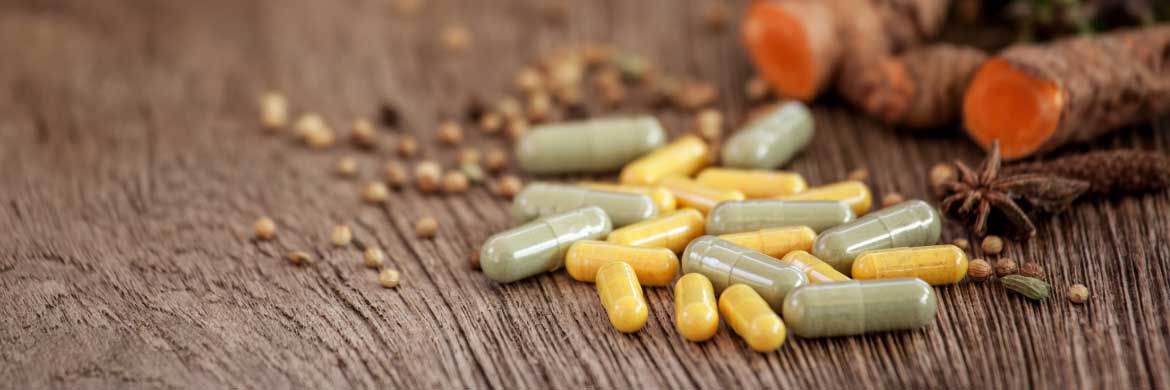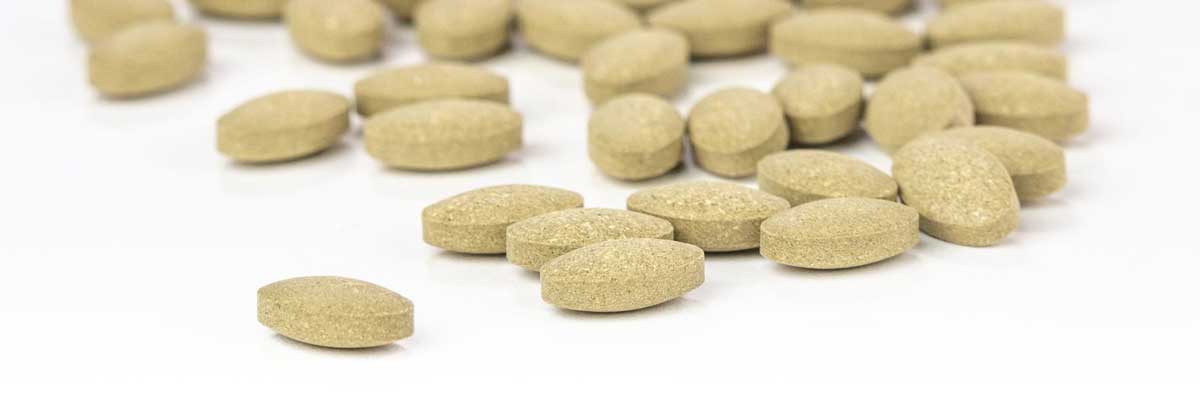Are Liver Cleanse Products Safe?
Liver cleansing products have inundated the market, targeting post-indulgence scenarios, or claiming to sustain daily liver function, or even repair existing damage. These products promise to detoxify and rejuvenate one of the body’s most vital organs. But are these products truly safe and effective, or are they just more unregulated, unproven gimmicks?
The liver is our processing and detoxification organ for all the toxins that we get exposed to in our busy lives. Alcohol, cigarette smoke (even if passive), some pharmaceutical drugs, general pollution, environmental toxins, processed food, plus much more, all must be processed by our liver. Understandably, the liver can get sluggish, and overloaded in its function, leading to other problems in the body. For example, impaired liver function can lead to disruptions in lipid metabolism, a fatty liver, elevated cholesterol levels throughout the body, and an increased risk factor for several diseases.
As we know, the internet can be a rabbit hole of inaccurate and often harmful information and advice. Some of the recommendations and supplements that are suggested online or through social media can be ineffective, and in some cases, potentially unsafe. Reviews are also not always accurate either, as demonstrated by a Fakespot.com report generated by the proprietary Amazon customer review software. This report analysed the timing and language of reviews and found in general only 65% of all product reviews were genuine. Most importantly, it can be difficult to ascertain the validity of many online supplements as there is often simply no clinical trial data or reports.

Five Common Myths About Liver Cleanse Products and Claims
Myth #1: Liver cleanses are essential for daily health maintenance and particularly beneficial after indulgence.
Despite claims that liver cleanse products promote overall liver health and recovery from excess, Johns Hopkins University hepatologists advise against them. These products are not regulated by the Therapeutic Goods Administration (TGA) and lack sufficient clinical trials; thus, their efficacy remains uncertain. While some ingredients in some liver cleanse products can have beneficial effects, such as milk thistle to help reduce inflammation and turmeric to help protect against liver injury, the clinical trial data backing the regular utilization of many other components for preventive purposes is inadequate.
Additionally, these liver cleanses have not been proven to undo any of the damage caused by excessive alcohol or food consumption.
Myth #2: Liver cleanse products are a safe and effective means of weight loss.
Many liver detox products are marketed for weight loss, yet there’s no clinical evidence supporting their effectiveness. Some dietary supplements might even harm the liver, potentially adding to sluggish liver symptoms, and should be used cautiously. Studies have shown that mixed-ingredient herbal and dietary supplements account for 20% of drug-induced liver injuries and could be doing more harm than good. 1
Myth #3: Liver disease prevention is impossible.
Contrary to this belief, several preventive measures can help safeguard against liver disease:
- Limiting alcohol intake to recommended levels.
- Maintaining a healthy weight through proper diet and exercise to reduce the risk of non-alcoholic fatty liver disease.
- Avoiding risky behaviours like illicit drug use and unprotected sex to prevent viral hepatitis.
- Vaccinations for viral hepatitis variants.
- Understanding personal risk factors and undergo screening, particularly for those with a family history of liver disease or risk factors for hepatitis C.
Myth #4: Liver cleanse products can reverse existing liver damage.
Liver cleanse products lack sufficient evidence to prove that their liver cleanses can treat existing damage to the liver. The liver repairs damaged tissue by regenerating new cells but continued injury to your liver through the over-use of pharmaceutical and recreational drugs, excessive alcohol intake, and poor diet, can lead to scarring of the liver and inhibit its regeneration.
However, if you have liver damage, there are lifestyle changes and treatments that can help reverse much of the damage for specific liver diseases if caught in time:
- Vaccination against viral hepatitis A and B if you have an underlying liver disease or are not immune
- Stopping alcohol consumption for alcoholic liver disease.
- Highly effective oral medications are available to help treat hepatitis C.
- Weight loss for non-alcoholic fatty liver disease.
Myth #5: Obesity doesn’t increase liver disease risk.
Obesity does significantly elevate the risk of non-alcoholic fatty liver disease, which can lead to inflammation, fibrosis, and cirrhosis. With the obesity epidemic, non-alcoholic fatty liver disease is projected to become a leading indication for liver transplants.
While liver cleanse products most likely do not live up to their promises, there are safe and effective alternatives for supporting liver health. The best thing you can do for your liver is to treat it well. Steer clear of excessive consumption of food and alcohol, and uphold a balanced diet coupled with regular exercise. If you possess risk factors for liver disease, it’s best to undergo regular screening.
However, should you wish to do a “liver detox,” the best ayurvedic treatment for a “liver cleanse” is Panchakarma therapy. This clinically proven rejuvenation experience can be specifically tailored to suit your needs and help remove built up toxins from your body. Panchakarma has been used to successfully aid in the treatment of liver diseases caused by excess Pitta Dosha, which can lead to inflammatory conditions like abscesses, gastritis, and liver disorders such as fatty liver and cirrhosis. Panchakarma is also an integral part of other natural holistic body detox and rejuvenation treatments.
Sukhavati Detox Programs
The Sukhavati Wellness Retreat offers many wellness and transformation programs our luxury retreat in Bali to improve your health, wellbeing, and address underlying causes of illness. Call us today.
For more information about this article, please email rejuvenation@sukhavatibali.com.



